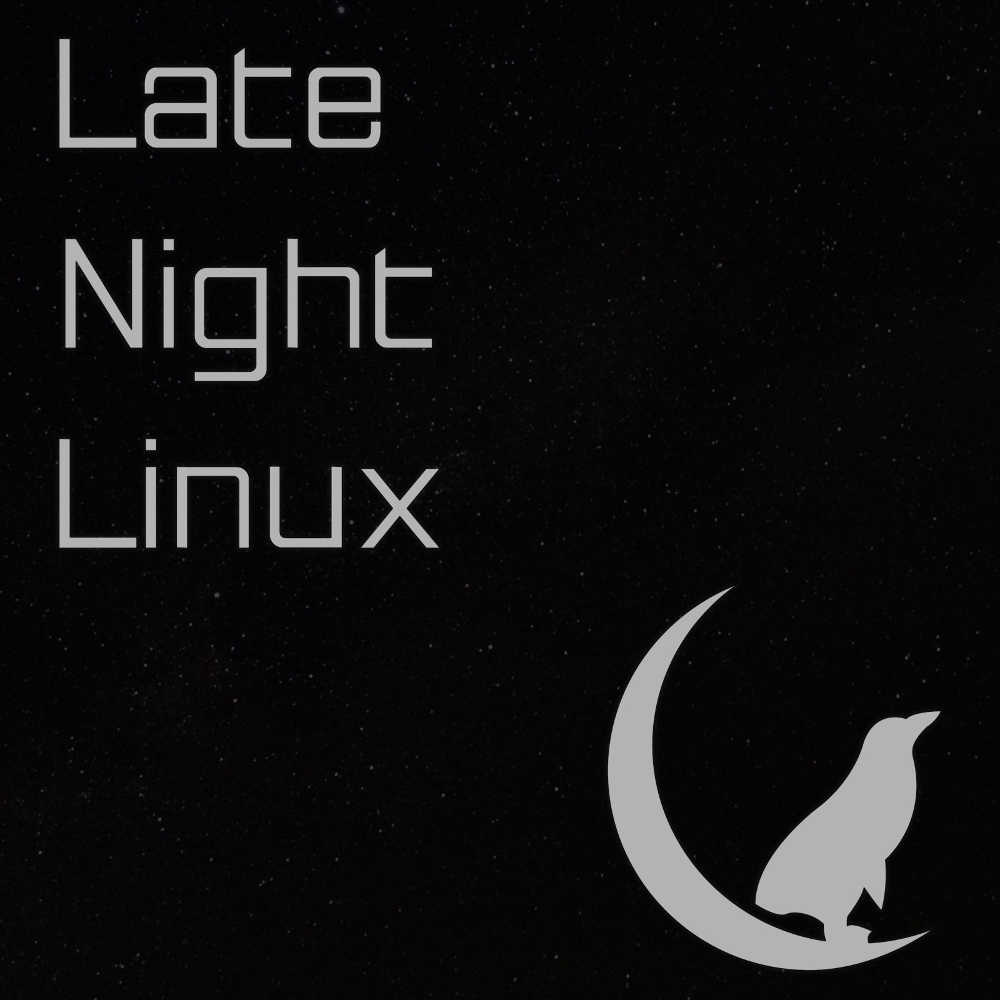
 Late Night Linux
Late Night Linux Late Night Linux – Episode 273
Mar 18, 2024
Topics include factors that attract and repel open source users, a user-friendly smart home system, Python memory utility tool, cookie cutter projects, G Plates for plate tectonics, iPhone mirroring on Ubuntu, smartwatch control for lighting, and more.
Chapters
Transcript
Episode notes
1 2 3 4 5 6
Introduction
00:00 • 2min
Creating a Resilient Open-Source Smart Home System
01:39 • 7min
Exploring Open-Source Solutions and Ethical Technology Choices
08:45 • 6min
Exploring Memory Usage, Cookie Cutter Projects, and G Plates Tool
14:30 • 5min
Exploring iPhone and iPad Mirroring on Ubuntu Desktop with Open-Source Server
19:44 • 4min
Smartwatch Control for Romantic Lighting
23:35 • 6min

